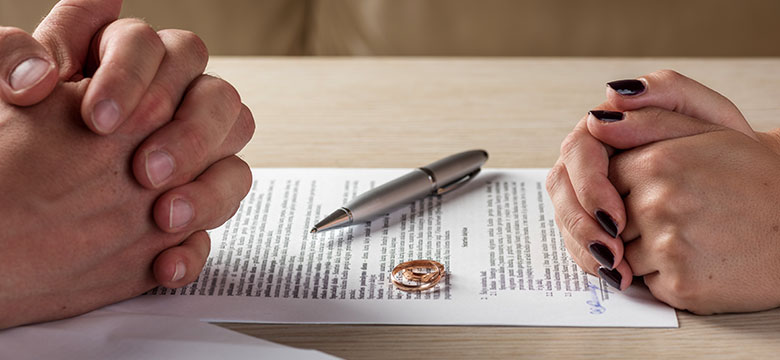What Is a Protection Order in Indiana?
Orders of protection exist to protect victims of domestic/sexual violence and their families. Several types of orders can be put in place to protect alleged victims of abuse or violence:
- Protection orders are filed under the Indiana Civil Protection Order Act to protect victims and prevent future violence.
- No-contact orders are entered during criminal, Child in Need of Services, or other juvenile matters and block communication between involved parties. No-contact orders can also be issued as part of an individual’s pretrial release or probation after criminal proceedings.
- Workplace violence restraining orders can be requested by employers to protect employees from violence or threats at their workplace.
- Child protection orders are filed by parents or guardians on behalf of child victims to keep them safe from continued violence and future harm.
Why Are Protection Orders Filed?
Indiana protection orders can be sought for many reasons. Victims may seek protection from sex offenses such as:
- Rape
- Sexual battery
- Child exploitation
- Sexual misconduct with a minor
- Inappropriate communication with a child
Aside from sex crimes, protection orders may be filed based on allegations of other criminal offenses in Indiana, such as domestic violence, stalking, or harassment.
Who Can File an Order of Protection in Indiana?
Someone who files for a protection order, also known as the petitioner, must have been a victim of domestic violence, stalking, or any of the sex offenses listed above. A person may also petition for a protection order on behalf of a minor who was a victim of sexual violence or abuse.
Protection orders can be filed against a family or household member of the petitioner, or anyone alleged to have threatened or caused harm against the petitioner. A family or household member doesn’t have to share blood with the petitioner to be restricted by a protection order; the order can extend to cover any of the following:
- A current or former spouse
- A relationship partner
- Someone who has engaged in sexual relations with the petitioner
- Someone who has a child with the petitioner
- A relative by adoption or marriage
What Happens When a Protection Order Is Filed in Indiana?
After a petition for a protection order is filed, a judge may hold a hearing before issuing the order. In some cases, especially those involving threats of violence or domestic abuse, the court will take the alleged victim’s side and issue an order ex parte — that is, without a hearing.
If a protective order is filed against you, you may be immediately restricted from doing many things, such as:
- Living in the family home
- Possessing a firearm
- Going to work, if the alleged victim works in the same place
- Possessing some property like a family car or pet
You will likely also be prohibited from contacting the alleged victim in any way, including through text messages, phone calls, social media, and in-person interaction. If you have a child custody agreement, a protection order may impact your ability to visit or spend time with your child. You may also be required to pay court costs, attorney fees, and child support while the order is in effect.
Protection Order Violations in Indiana
The protection order against you will clearly outline the terms and restrictions you must follow. Common violations which could complicate your situation and result in penalties include the following:
- Failure to adhere to child custody orders
- Attempting to contact the alleged victim
- Refusing to turn over firearms or purchasing new ones
- Refusing to move out of the family home
Penalties for Violating a Protection Order
The consequences of violating a protection order are listed in Indiana Code 35-46-1-15.1. Violating a protection order constitutes a violation of privacy, a Class A misdemeanor punishable by up to a year in jail and a fine of up to $5,000. If you have repeatedly violated the order, the offense could be raised to a Level 6 felony, lengthening the possible jail sentence to two and a half years.
How to Fight a Protection Order in Indiana
Though you must observe the stipulations of the order or face penalties, you have options to defend yourself and fight to get it lifted. For example, if the order was issued ex parte, you have the right to request a hearing within 30 days.
At the hearing, your Indianapolis protective order attorney can present evidence supporting your account of events and cross-examine your accuser. This is your best chance to present your side of the story. If you can successfully challenge the allegations, the order can be lifted and dismissed.
